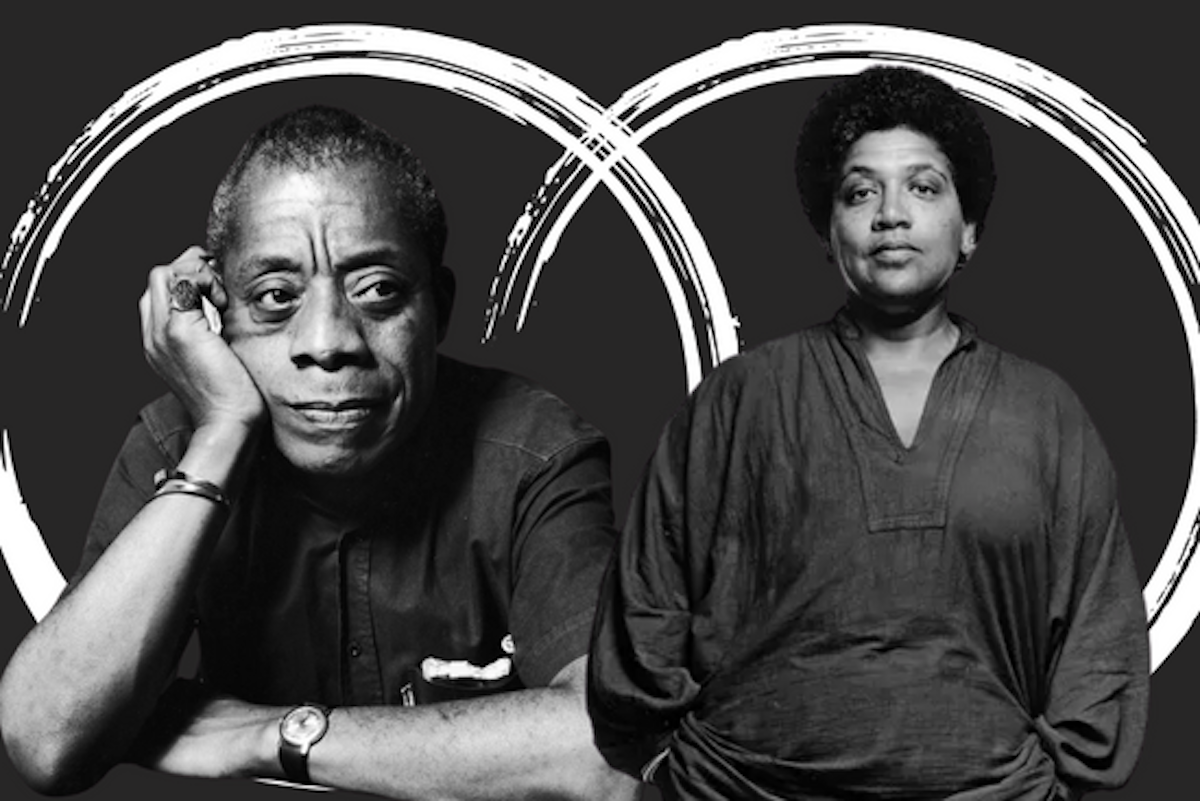Now in Stores and Available Online!
Black Buddhists and the Black Radical Tradition:
The Practice of Stillness in the Movement for Liberation
Recent News
The Dharma of Baldwin and Lorde
Union
In the Union course The Dharma of James Baldwin and Audre Lorde, Dr. Rima Vesely-Flad and her students explore these two as icons who illuminate Buddhist teachings.

Interview excerpt:
Q: I am so interested in hearing your thoughts on the significance of Baldwin and Lorde as individuals, as two peoples whose legacies can be studied together, and also the value of exploring their legacies through a Buddhist lens. Can you tell us a bit about this course? How did you decide to offer it and how long have you been teaching it?
Rima: I recently published a book called Black Buddhists and the Black Radical Tradition: The Practice of Stillness in the Movement for Liberation. In the sixth chapter, which is one on gender and sexuality, I engage Baldwin and Lorde. It’s really because there are three dharma teachers who write personally about their interpretations with Baldwin and Lorde, who all come from different Buddhist lineages. So I did a deep dive into these dharma teachers’ books, and coming out of writing that chapter, I thought, ‘I would like to teach a course on this and look at why these two writers are so compelling to these amazing dharma teachers.’
Stay in Touch
Subscribe to my newsletter.
Get instant free access to my upcoming monthly newsletter where I will share articles, future classes and other learning opportunities.

